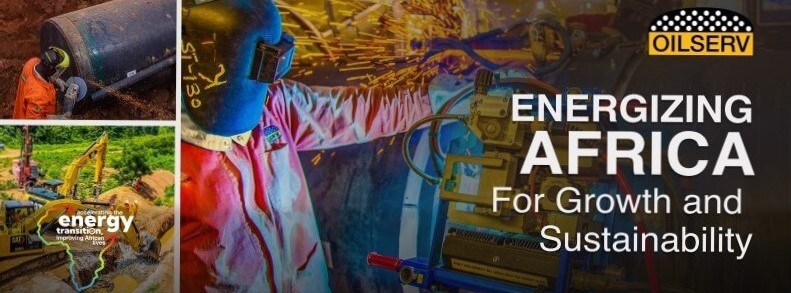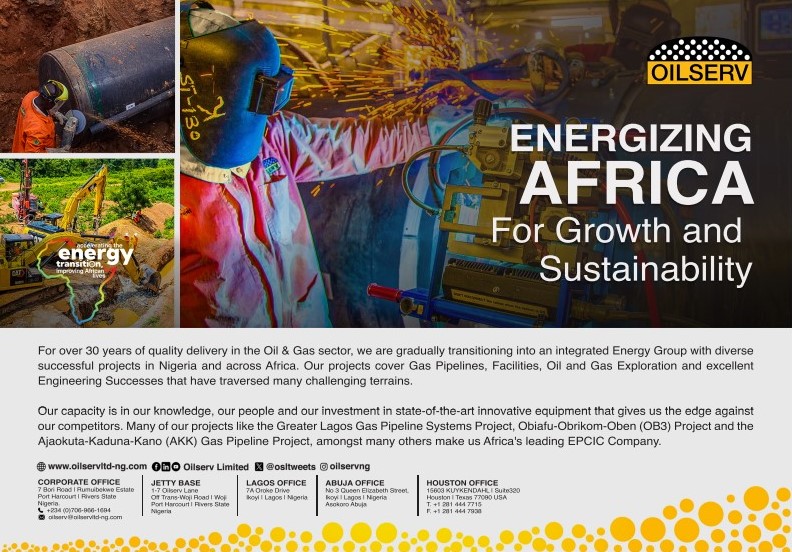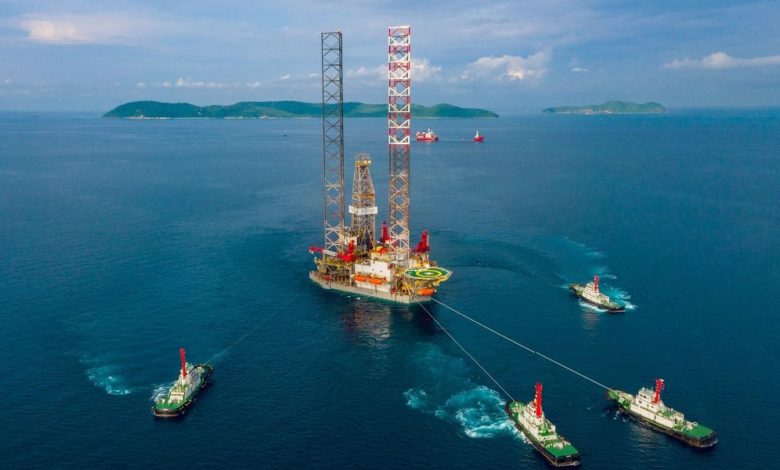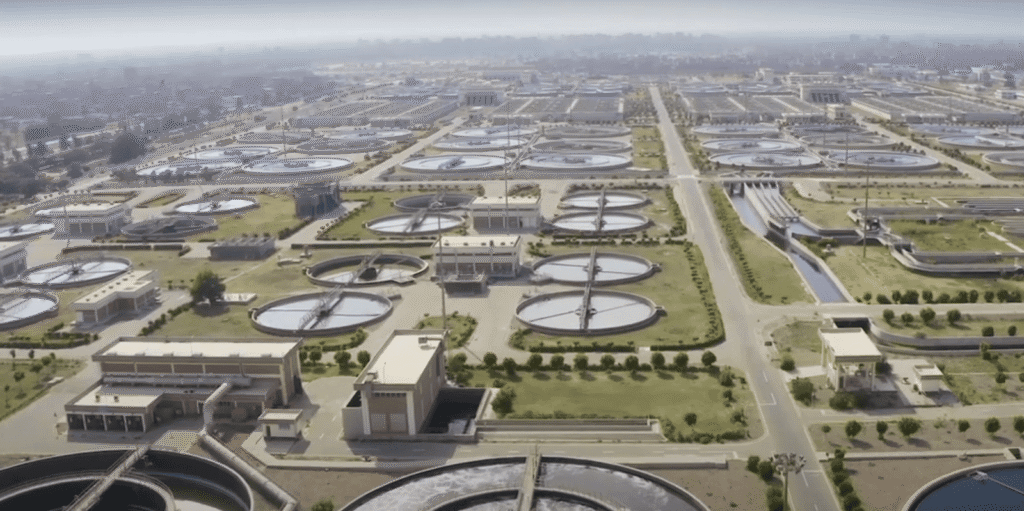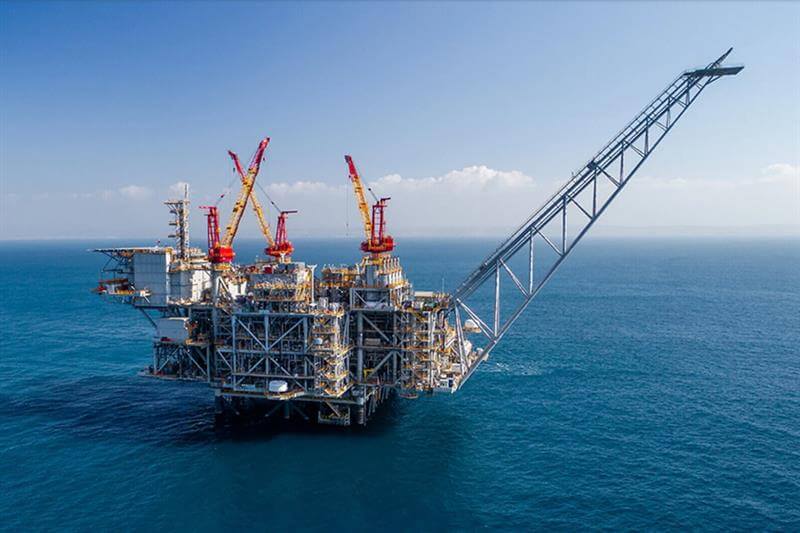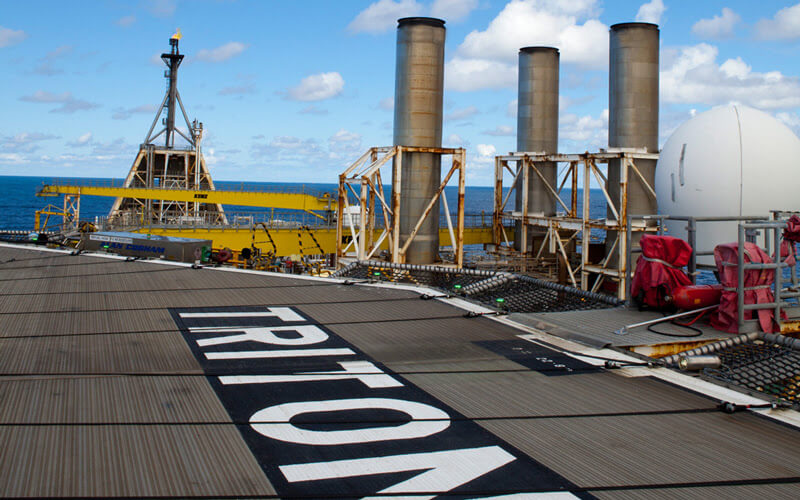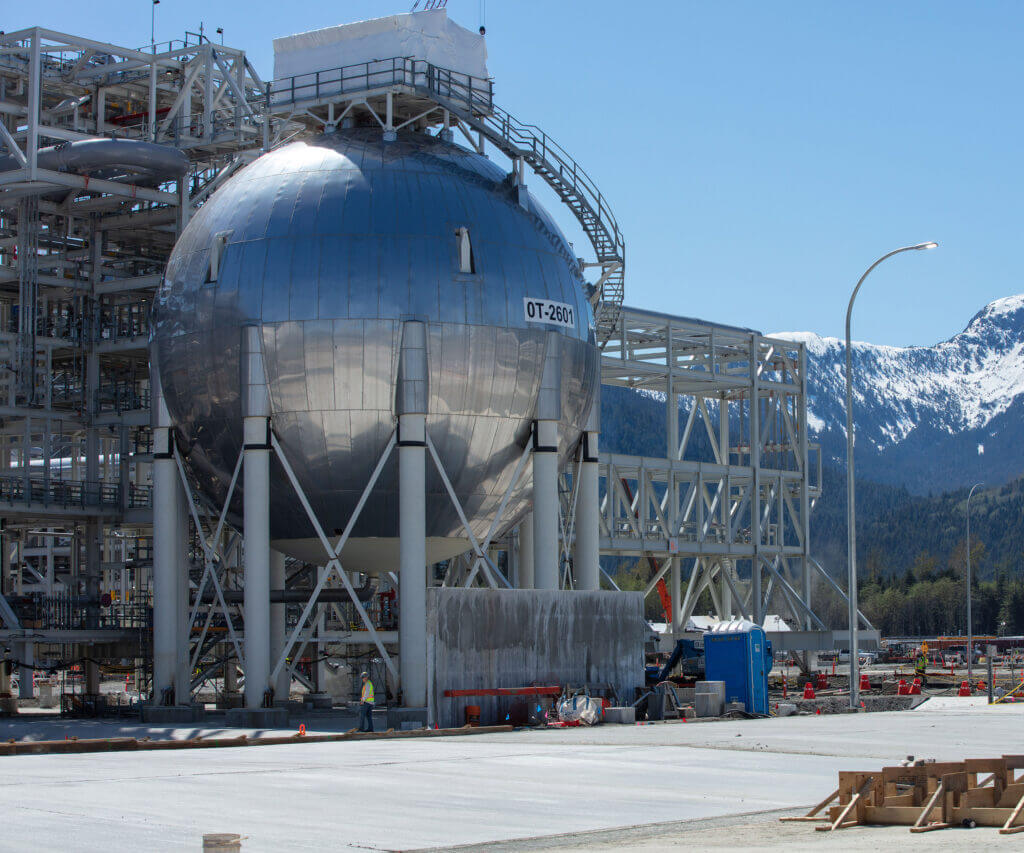
The Republic of Congo Tango FLNG will produce its first LNG cargo by the first quarter of 2024. This milestone achievement is following the recent Eni announcement that it will be introducing first gas into the Tango Floating Liquefied Natural Gas (FLNG) facility which is currently moored in Congolese waters. This great feat has placed Republic of Congo on the list of LNG-producing countries.
Gas introduction has been achieved in record time– only twelve months after the final investment decision. This is a key milestone for the Congo LNG project, which encompasses the adoption of new technologies and a strong synergy with existing producing assets. Following completion of the commissioning phase,
The Tango FLNG facility has a liquefaction capacity of about 1 billion cubic meters per year (BCMA) and is moored alongside the Excalibur Floating Storage Unit (FSU), using an innovative configuration called “split mooring,” implemented here for the first time in a floating LNG terminal.
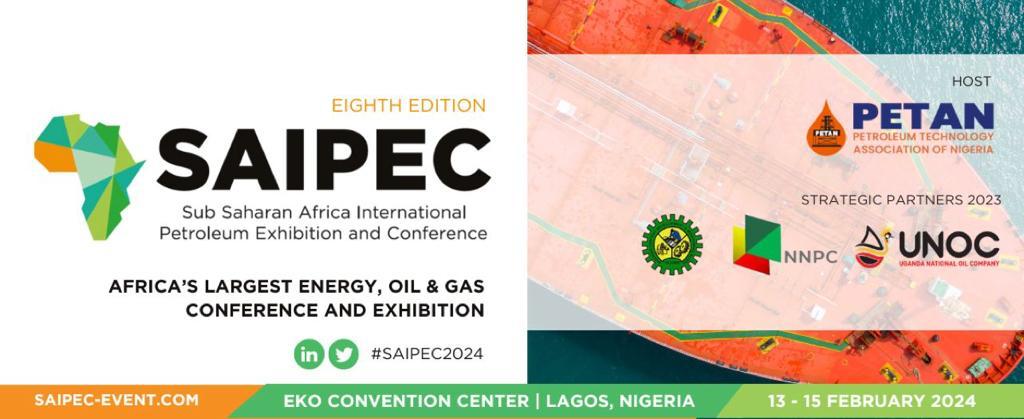
Congo LNG will enhance the gas resources of the Marine XII permit and achieve approximately 4.5 BCMA of plateau gas liquefaction capacity through phased development and with a target of zero routine gas flaring. A second FLNG facility with a capacity of about 3.5 BCMA is currently under construction and will begin production in 2025. The entire volume of LNG produced will be marketed by Eni.
Eni has been operating in Congo for 55 years and is the only company active in the development of the country’s gas resources. Eni currently supplies gas to the Centrale Électrique du Congo (CEC), which provides 70% of the country’s power generation capacity. Eni is strongly committed to promoting the nation’s energy transition through several initiatives, including the Oyo Center of Excellence for Renewable Energy and Energy Efficiency, which has recently been handed over to the Ministry of Higher Education, Scientific Research and Technological Innovation of the Republic of Congo, which will manage it together with UNIDO (United Nations Industrial Development Organization). In addition, the company is working on the production of agricultural raw materials, not in competition with the food supply chain, to be used as biofuel feedstocks. Moreover, Eni has begun distributing stoves to local communities, with the goal of reducing biomass consumption and the emissions associated with combustion.

